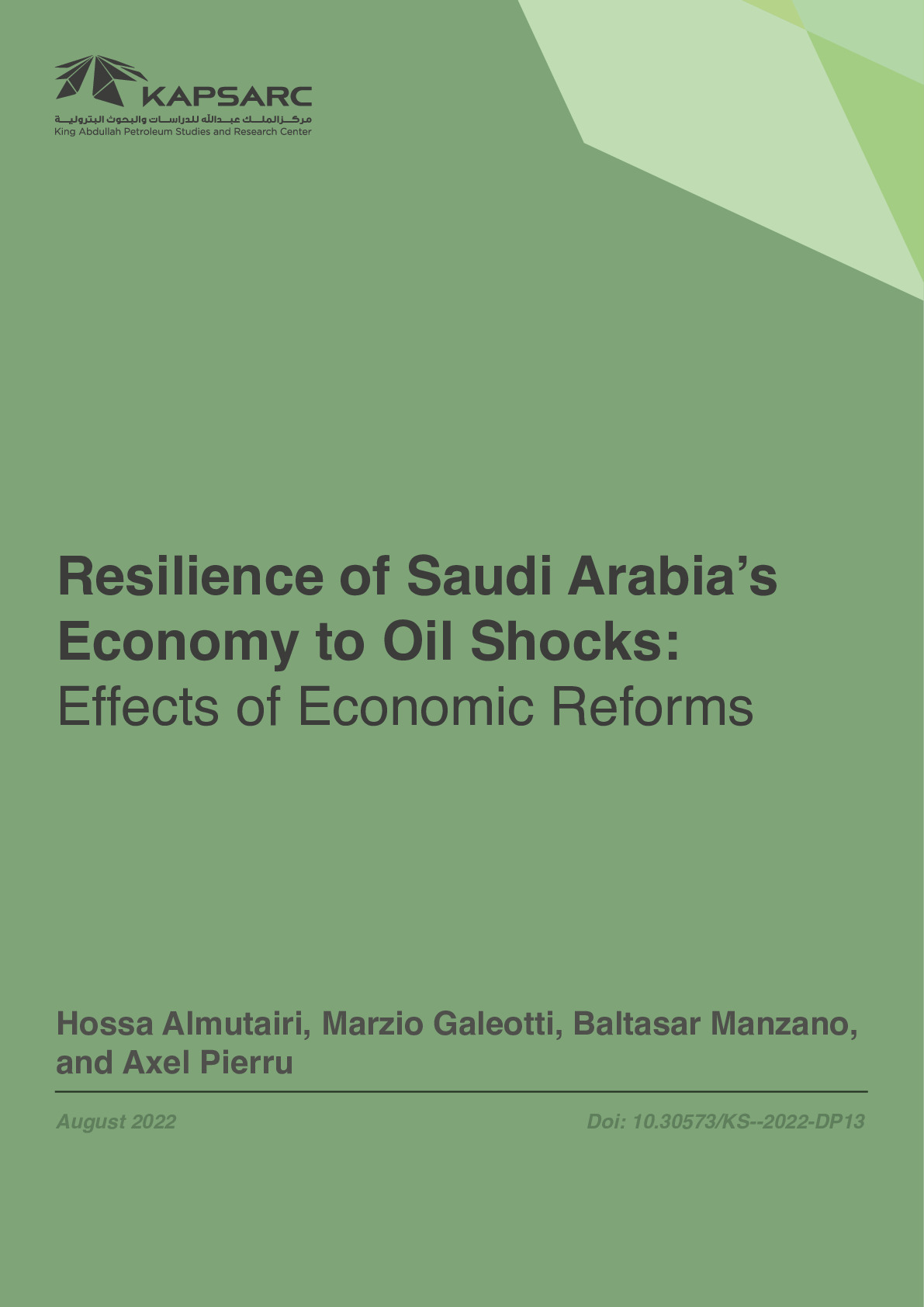Part of the policy strategy to avert the worst outcomes of global climate change is a transition to low carbon energy on an unprecedented scale. In particular, strong incentives are in place to promote the competitiveness of renewable energy technologies, stimulate their rapid uptake and displace fossil fuel power generation. In this paper we argue that the penetration of renewable energy into the power market can directly result in a price response of fossil fuels which in turn affects the relative competitiveness of renewable power generation, thereby reducing the rate of the renewable energy transition or increasing the cost of the policy support measures required to achieve it. The price response we hypothesise is distinct from the Green Paradox and Carbon Leakage theories, which in different ways address the effect of climate change policy on the extraction and use of fossil fuels. In order to assess the possible existence and scale of the problem, we identify a price response mechanism backed by standard economic theory, based on the specific characteristics of the fossil fuel markets considered, e.g., coal and natural gas.





